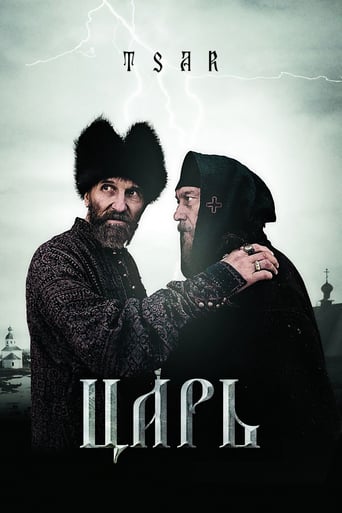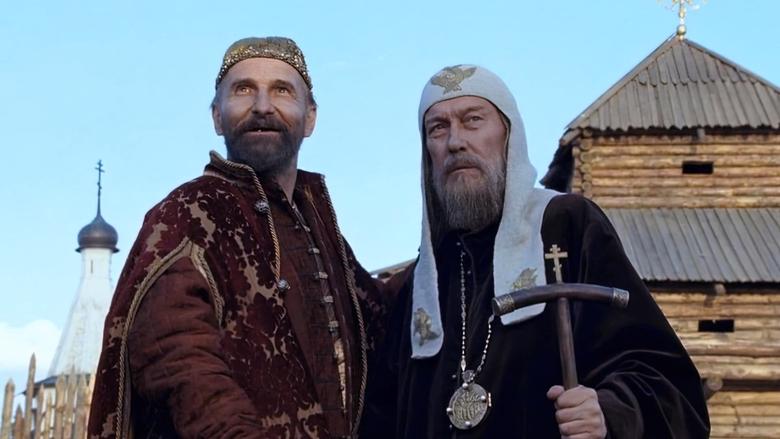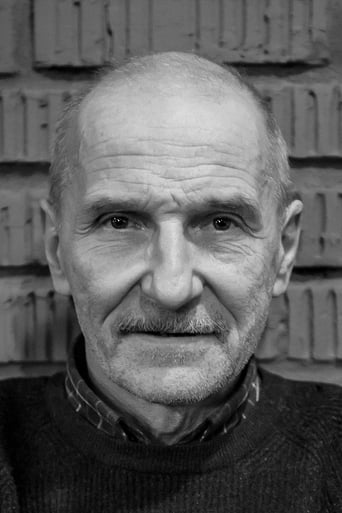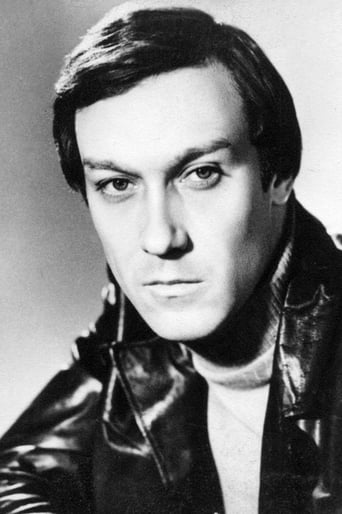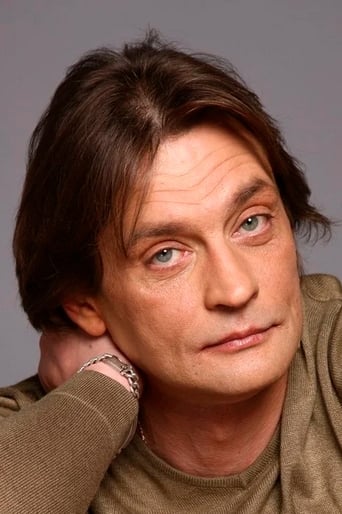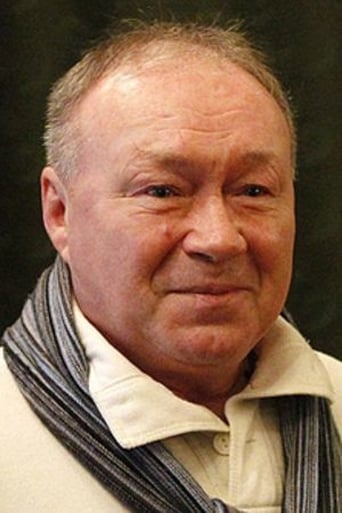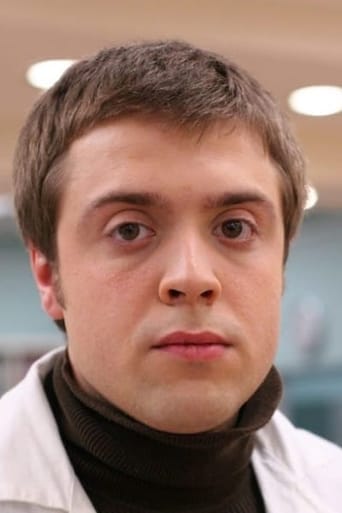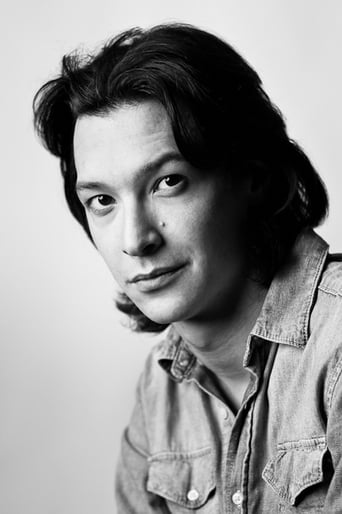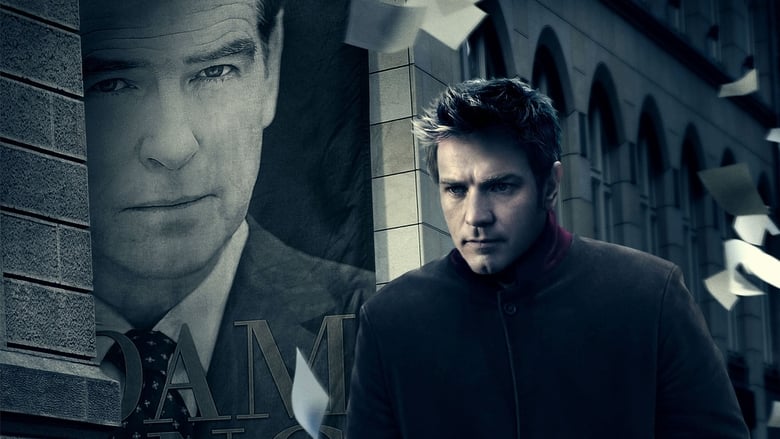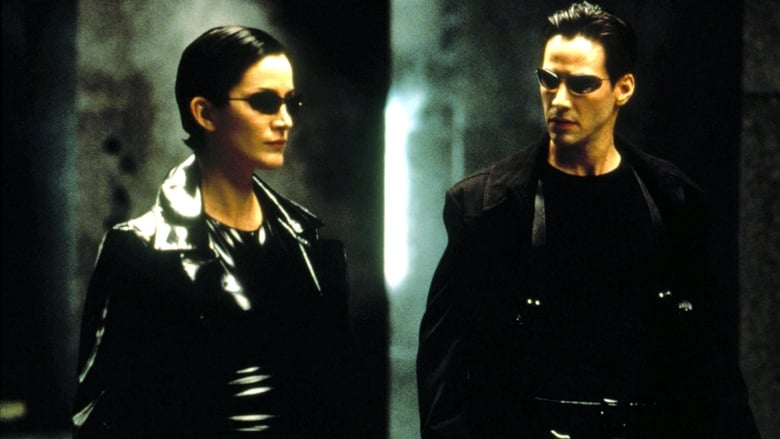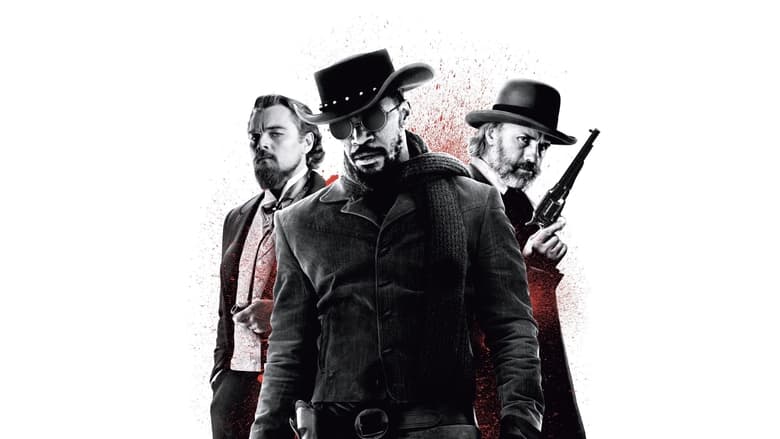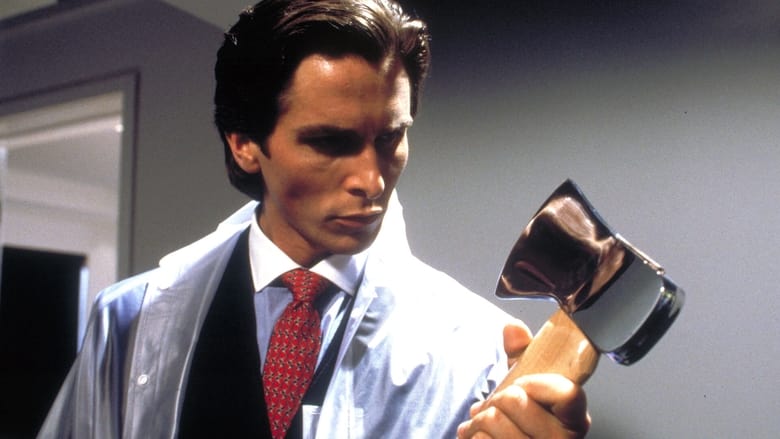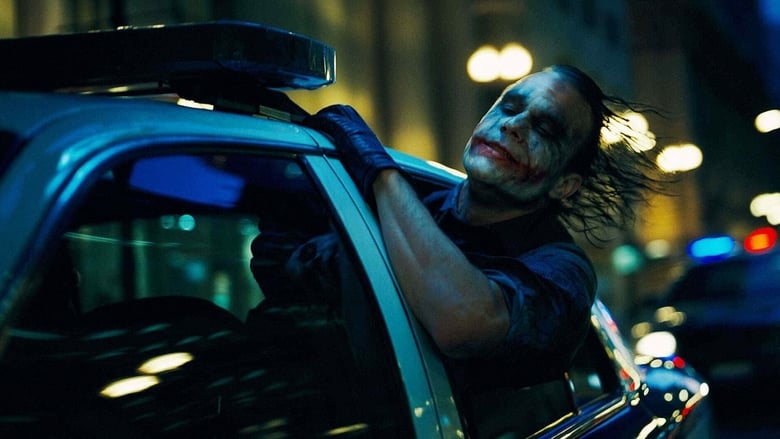In 16th-century Russia in the grip of chaos, Ivan the Terrible strongly believes he is vested with a holy mission. Believing he can understand and interpret the signs, he sees the Last Judgment approaching. He establishes absolute power, cruelly destroying anyone who gets in his way. During this reign of terror, Philip, the superior of the monastery on the Solovetsky Islands, a great scholar and Ivan's close friend, dares to oppose the sovereign's mystical tyranny. What follows is a clash between two completely opposite visions of the world, smashing morality and justice, God and men. A grand-scale film with excellent leading roles by Mamonov and Yankovsky. An allegory of Stalinist Russia


Reviews
more than a film. it is a form of visual essay about power and religion, about solitude and about the roots, laws and vision of tyranny. it is a fight against Russia's history. a parable. portrait not of Ivan Vasilievich but for a manner, an usual manner of East to use the authority with high force and profound fear. Pyotr Mamonov gives a strange, cold, unpredictable, vulnerable Ivan. a Tsar looking for himself, lost in good intentions and noble projects. but, maybe, the hero is Philip. the voice of Church and good sense. the voice of conscience in a dark circle of confusion. the Metropolit is a splendid role. the last for great Oleg Ynkovsky and that status impose a special status to it. more than a film. maybe, useful subject for reflection. about power. in our time. in each period of history.
I saw that this film had won the Nike award (Russian equivalent of Oscar), so took advantage of a showing on the Russian channel on DirectTV (unsubtitled). I checked out the "Hollywood Reporter's" review of the showing in Cannes, and the first line of that review corresponds to the first comment I would post myself, relating it to Tarkovsky's "Andrei Rublev"(1967) and Eisenstein's "Ivan the Terrible." (1944)While the title of the film is "Tsar," the personality of the Metropolitan Fillip, played by Oleg Yankovsky, really dominates. Ivan is viewed through Andrei's eyes, and is judged by his values. Like Tarkovsky's "Rublev" Fillip attempts to find spiritual meaning in the harshness of his times, and Ivan at first come across as an object of pity to whom the church father attempts to give spiritual guidance. The film presents of trinity of "Holy Fools" (Iurodyvye), who traditionally speak prophetic truth to power - in the persons of Fillip, the little girl, an the jester (whose revelations of Ivan's cruelty are for the film-viewers alone). Ivan tells Fillip to speak the truth to him, but becomes progressively more opposed to the holy truth and therefore more and more "terrible."Stalin found confirmation for the "great man" approach to history in Eisenstein's earlier historical epics, but Eisenstein's "Ivan the Terrible,Part II" was banned when the historical necessity argument gave way to grotesque depiction of the oprichniki and the murder of a young pretender to the throne. Lungin's gritty realism is the director's means of unmasking the tsar's barbarity. The magnificence of the regal costuming and sets do not startle the viewer with pageantry, but rather offer a grotesque contrast between the mask of wealth on display in the presence of masses violently spilled blood.What may appear as "straightforward storytelling" is in many ways a polemic with historical narratives of the past. Ivan is most terrible in the power that he wields through insanity and belief in his role as God's appointed servant.
We all know Ivan the Terrible was a mad tyrant, and many know that Philip was a Saint. The film shows little more, and little depth to Ivan, and none to any other character beyond Philip. Why does Ivan act the way he does? Is it just madness? Or is it related as some say to the death of his wife? Or to religious extremism? The film doesn't say. Why do the lesser characters behave the way they do? The film doesn't hint at any explanation. Why is such a mad tyrant able to rule? The film doesn't say (hint: he actually accomplished a lot in the earlier part of his rule). The film implies all the churchmen were saints, when in fact many (understandably) collaborated with Ivan. It is beautifully filmed, and well acted, but ultimately shallow.
Film 'Tsar' made some social resonance in Russia,- dividing people who do not accept film because of huge mortality and deaths in film(it's true - 'Tsar' is dark and cruel) and those who see the human Drama in face of Tsar Ivan, drama of the governor - is really not the best in Lungin's biography,though the best in my. I had opportunity to take participation in this film, i was acting eye- blinded Serafim and should say that the plot of this film is really great. and Im thanking life and faith to let me do my job as good as i could)))) Also i've got lots of new friends,- among them Tom Stern -the cinematographer of 'Tsar'.- really good American,- i took a look on his projects with Clint Eastwood, and opened this to brave Americans for myself.
